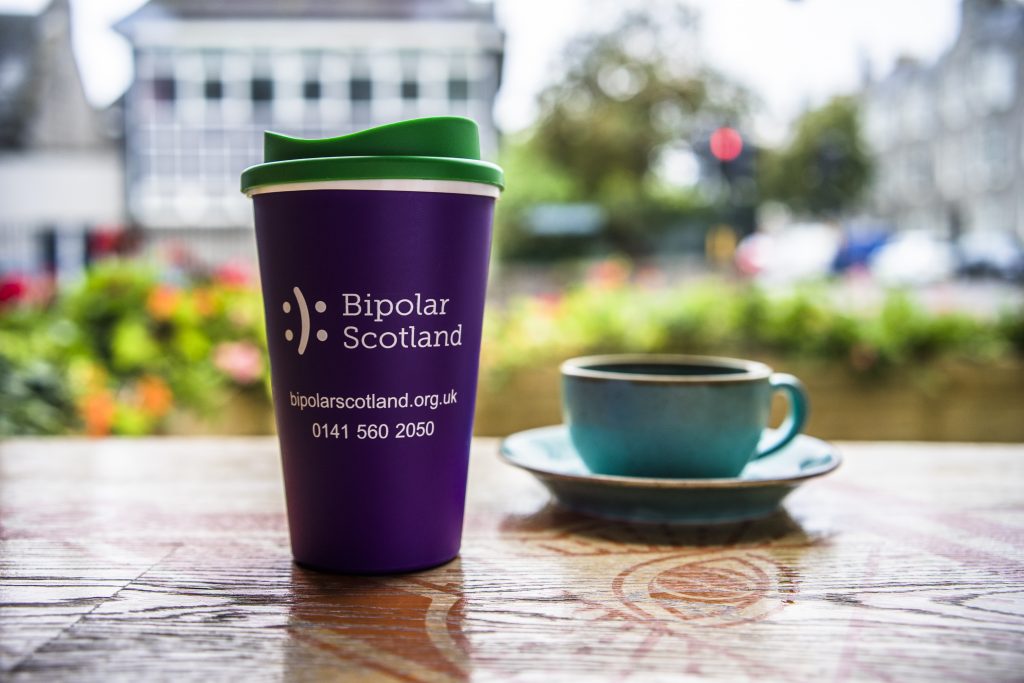Brandon's Story
“I was diagnosed with bipolar disorder at the age of 22, having experienced a history of multiple depressive episodes since late adolescence, which eventually became interspersed with periods of hypomania. The years preceding my diagnosis were turbulent and chaotic and were marked by alternating states of significant academic achievement and disruption, intense creative flow and stagnation, enhanced social confidence and social reclusion, and complete exaltation and suicidal despair. I was fortunate that, in between such times, I returned to some form of baseline, but I would typically have to deal with the emotional fallout of these episodes. Strained relationships with friends and family, unachievable and unrealistic commitments, financial difficulties, and memory gaps and confusion were not uncommon.

Prior to diagnosis, I met with numerous consultants, each of whom had their own approach to dealing with my difficulties, and their own diagnostic opinion. Schizophrenia, Emotionally Unstable Personality Disorder, and unipolar depression were all labels to which my issues were ascribed and medically treated at various points. Ultimately, my response to each line of treatment was far from ideal, and the episodes seemed to be growing in intensity regardless, so I lost hope that I could ever be ‘normal’ again. Fortunately, in late 2017, I was assigned to a new consultant who, in advance of prescribing me an antidepressant, wanted to explore my mood states in finer detail, both the ‘downs’ and the ‘ups’, and posed to me several questions assessing my experience of each state. It was then, following this assessment, that I received the diagnosis of bipolar disorder, and my next steps were outlined.

Life has still presented its challenges post-diagnosis. Naturally, there was a cyclical phase of disputing and accepting the diagnosis, however, that has been addressed in the last few years through attending and connecting with people at support groups and the self-management training workshops run by Bipolar Scotland. Admittedly, I’m still not 100% there with regard to treatment, and I do sometimes still get sidelined by an episode. So, my medication regimen occasionally needs adjusting. But medication is only part of the picture. The diagnosis, for me, acts as an incentive to review my life more holistically: minimising stress, maintaining sleep hygiene, exercising more, and eating healthily. Naturally, I do not view the condition of bipolar disorder with favourable lenses, however, I do view the diagnosis as a positive gateway to a healthier, happier life.”
